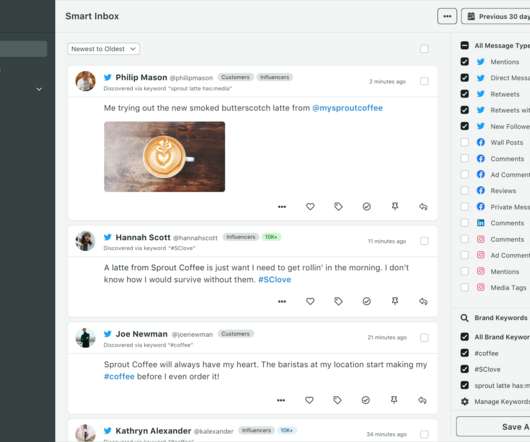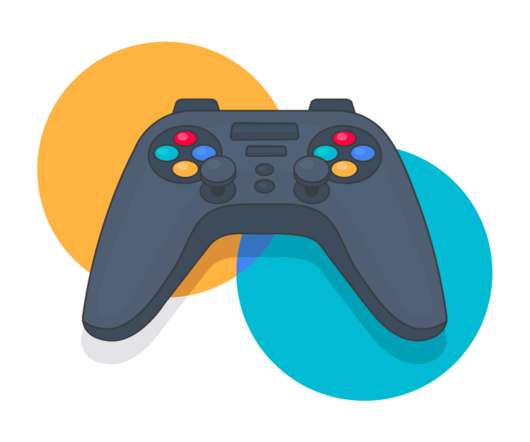Millennials vs. Gen Z: Why Marketers Need to Know the Difference
Hubspot Marketing
DECEMBER 11, 2019
In recent years, there's been a common misconception that Gen Z and millennials are essentially the same. When companies discuss reaching younger audiences, many often lump Gen Z and millennials into the same group and create one campaign strategy that they believe fits both groups.














Let's personalize your content